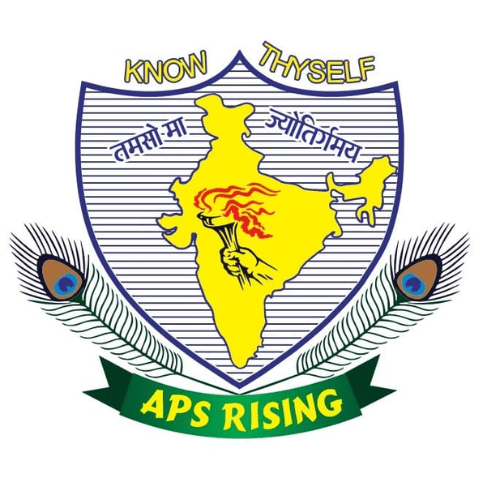Programme for Integrated and Creative Learning (PICL)
The PICL programme uses an interdisciplinary approach to help students develop conceptual clarity. Our knowledgeable and effective staff members created the curriculum and content for Classes I through V under the PICL programme internally with a personal touch. The reduction of the children's bag load is ensured by the implementation of this special programme.
Teaching Methodology Class I-VIII
Teachers at the primary and middle school levels do more than just impart knowledge; they also serve as facilitators, mentors, and guides, encouraging their charges to adopt an investigative mindset.When all subject teachers work together to deepen the integration, it is called collaborative teaching.
Technology Driven Classes
All courses make extensive use of smartboards to give teachers the appropriate digital assistance they need to present the curriculum. PPTs, instructional software, and digital books are some of the technical tools that allow professors to give lectures more effectively.
Inquiry based Instructions
In order to encourage the stimulation of students' minds, there are many possibilities for them to brainstorm and build a reasoning and research-based attitude.
Interactive Lessons
Along with teaching the material, teachers actively engage the students in meaningful conversations and interactions that promote the growth of abilities like independent thought, decision-making, critical analysis, and logical reasoning, to name just a few.
Mindmaps and Timelines
Every chapter includes mindmaps and timelines that provide the student a bird's eye view of all the concepts at a single glance.
Child Centric Activity based approach
Activities are incorporated into every chapter's curriculum while keeping the needs of the kid in mind so that children can learn by doing things on their own in an engaging way.
Academic and Behavioral Counselors
Academic and behavioural counsellors play a crucial role in ensuring that students receive the necessary support in all areas.
Peer Learning
Within the classroom, group projects promote cooperation and teamwork. Peer pressure that is applied constructively improves student performance.
Field Trips
Students are taken on field trips once a month to help them become more familiar with the application of the principles they are learning in class.
Role Play
Role-playing is an efficient method for teaching literature.A well-rounded personality can be developed by students through participation in a variety of inter-house and inter-school competitions, hobby clubs, sports teams, social action initiatives, and other activities.
External Examination
Various External Exams like Olympiads, NSTSEs, ASSET, Live Olympiad, etc are conducted from time to time in order to map the students’ performance at the National Level.
Scholastic Aids
The curriculum includes initiatives like "Mindspark" to support the teaching-learning process.
Art Integration
It is important to include art in all subjects to encourage pupils' creativity.
Respect for individual Strengths and Weaknesses
Knowing each person's skills and weaknesses, each youngster receives individualised attention to support their best development.


